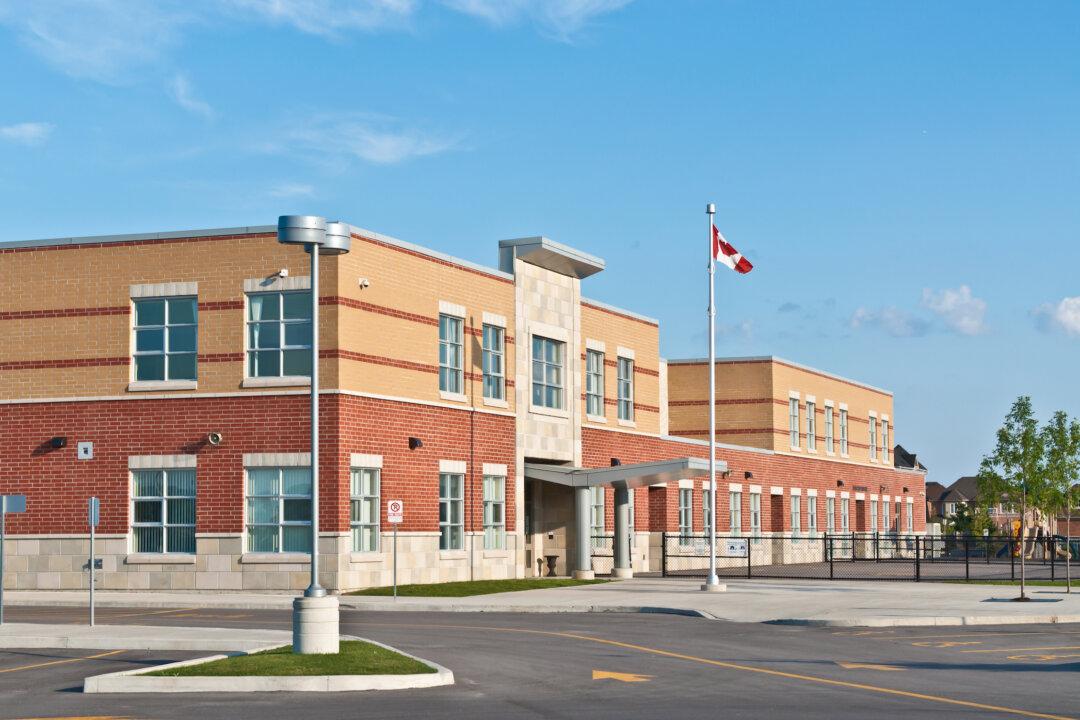Commentary
Are school trustees politicians? The answer seems obvious. Trustees are elected by the public, held accountable by voters, and conduct their business in open board meetings. This certainly sounds like a politician’s job.

Are school trustees politicians? The answer seems obvious. Trustees are elected by the public, held accountable by voters, and conduct their business in open board meetings. This certainly sounds like a politician’s job.